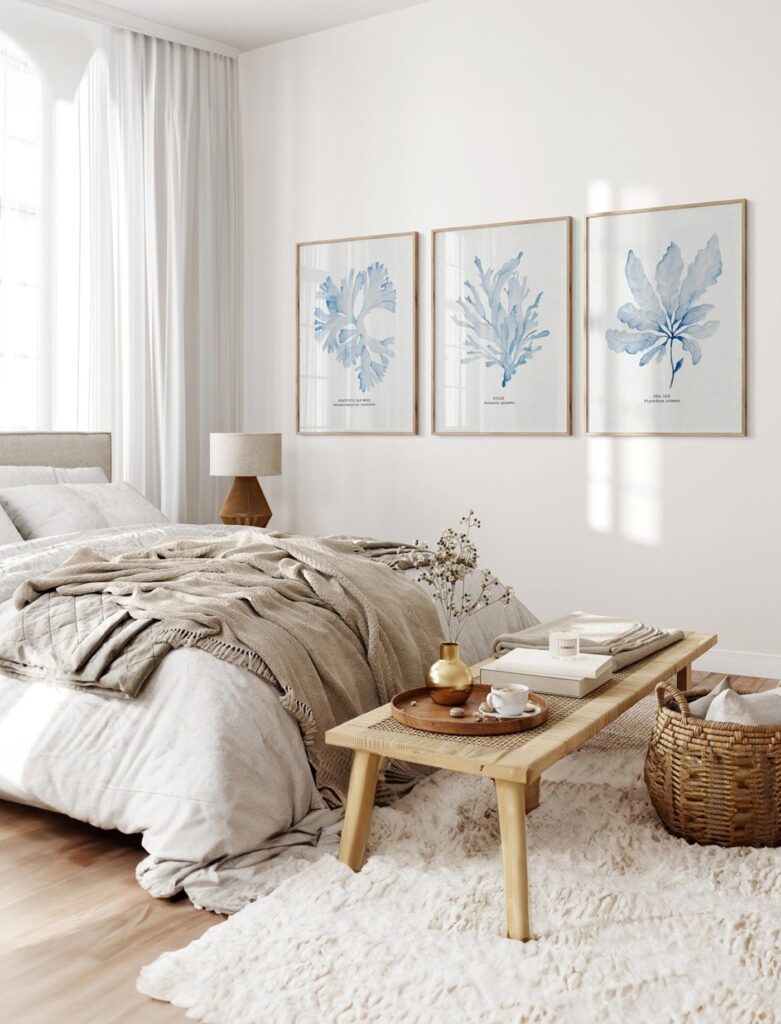
Step One: Remember the benefits
Not only will you have a clean space, more room and greater efficiency, you may sleep better, enjoy your tasks more and feel calmer. In fact, traditions like Feng Shui and Vastu Shastra connect organization to uplifting energy that positively influences your mind and life. A 2019 study by the University of Connecticut found that controlling clutter may reduce tension and stress.
Step Two: Tackle a space that needs tidying but which is doable
Choose a space that you use every day but ensure that you can finish clearing, cleaning and organizing the space within three days or over a weekend. A large space can be overwhelming and if incomplete can cause more stress. Either focus on a small job and get it done or tackle a large space in sections over a few weeks.
Step Three: Seek experts and do research
Although you may be tempted to throw everything away, seek advice if you believe some items may have resale value. Consider keeping items with sentimental value, or family stories. Something as simple as bringing out a new tablecloth, a cute wooden tray, heirloom glasses and bowls, can lift your mood.
Step Four: Reorganize based on your actual needs and routine
Assess how you actually use the space, where items end up most often and why things are not put away. Observing your patterns will allow you to reorganize conscientiously and with purpose and for the long term.
Step Five: Create a system
Separate items, sort into piles, group them, and then assess. Most often, you will want to have piles for keeping, selling, donating or discarding.
This original article first appeared in the FALL 2024 issue of City Style and Living Magazine.
Get More Inspiration
from City Style and Living















